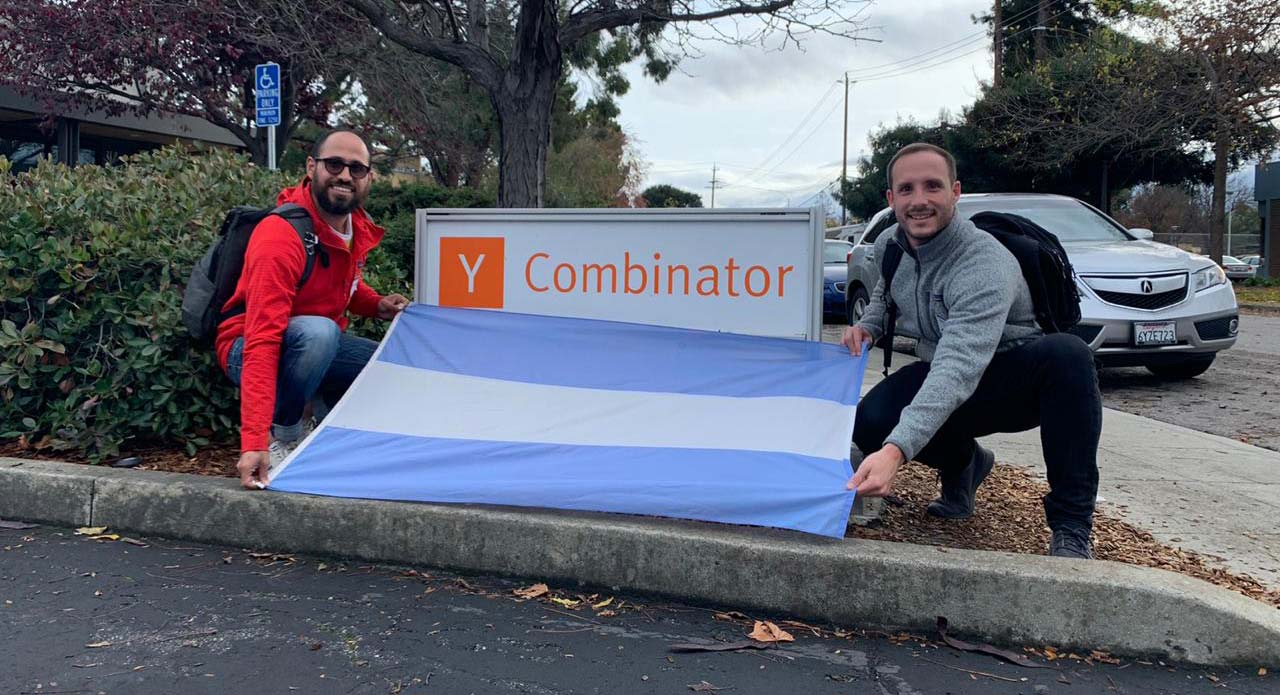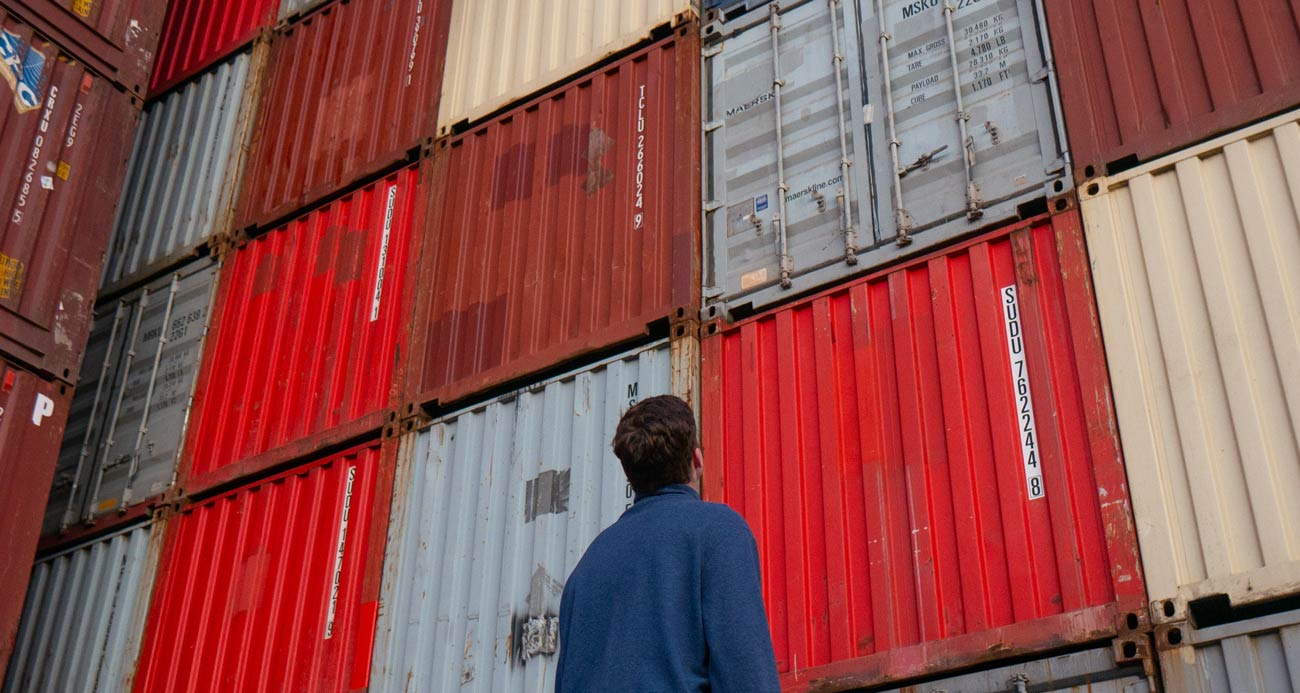Contxto – When comparing ecosystems from Latin America, Peru is the dark horse.
It has no startups that have reached that hyped “unicorn status.” Yet it has a few well-known edtechs like Crehana and Laboratoria. In terms of market size, Peru is the fifth most populous country within the Latam region, beating Chile.
Peru also has relatively high levels of socio-political stability when compared to some of its neighbors. Likewise, it has some fantastic “pro-startup” government initiatives.
But there’s so much more to be found in this country, and I’m only scratching the surface here.
That’s why I’m tuning into the Perú Venture Capital Series, organized by the Peruvian Seed and Venture Capital Association (PECAP).
The five-day online event kicked off last Tuesday (18), and it is the (virtual) place to be to grasp the local venture capital scene. Presentations and networking will still be taking place next Wednesday (26) and Thursday (27).
So if you want the full 4-1-1 on what’s going down, you can register here.
Speakers from VCs like ALAYA Capital Partners and 500 Startups will be in attendance, as well as organizations like the IDB Lab.
[wd_hustle id=”InArticleOptin” type=”embedded”/]
Peru is perfecting scenery for startups
Should I give Peru a grade for its startup ecosystem, I’d give it an A for effort.
Its government-funded programs Innóvate Perú and Startup Perú are fantastic initiatives for accelerating and financing budding companies. Moreover, officials launched a fund of funds last year to further finance the country’s startups.
In 2019, PECAP reported that VC investing in Peru from January to September increased. PECAP specifically pointed out funding increased 24 percent when compared to that same period in 2018.
And this year there’ve been a few funding rounds for Peruvian startups. A quick dive into the Contxto database showed that startups Crehana and Kai Pacha Foods raised rounds for undisclosed amounts.
But there is still a lot of ground to cover.
Peru: a work in progress with potential
The majority of funding startups received in 2019 came from angel investors. Likewise, most of the government-funded programs only address very early-stage companies.
This is problematic because the ecosystem requires the presence of VCs once companies begin maturing and want to scale. Otherwise, they’ll continue relying on external funding or markets to roll out their projects.
And undoubtedly Covid-19 isn’t doing the ecosystem any favors (or any country’s for that matter). That’s also why I’m looking forward to listening in on Perú Venture Capital Series’ closing event next Thursday.
José Deustua—Director at PECAP and Managing Director at UTEC Ventures—will give a breakdown of investments in Peruvian startups throughout this unusual year.
So I hope to see you there reader 😉
Related articles: Tech and startups from Peru!
-ML






